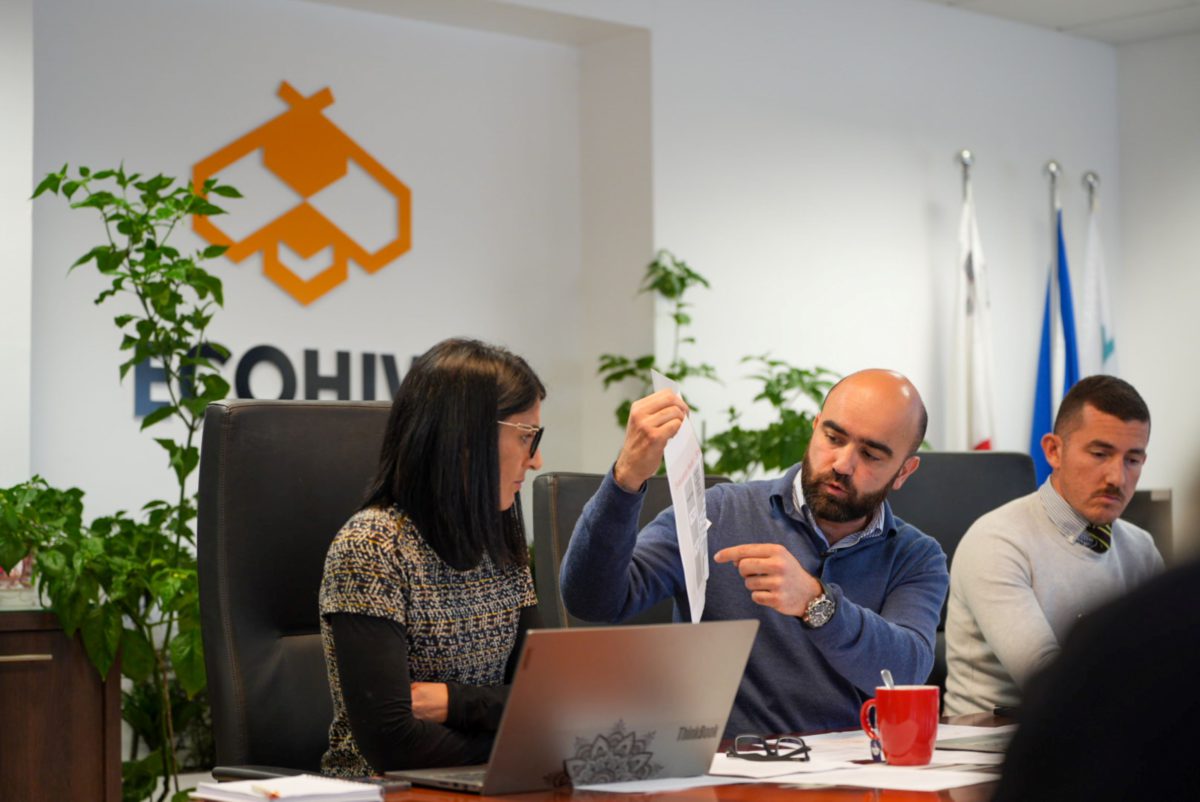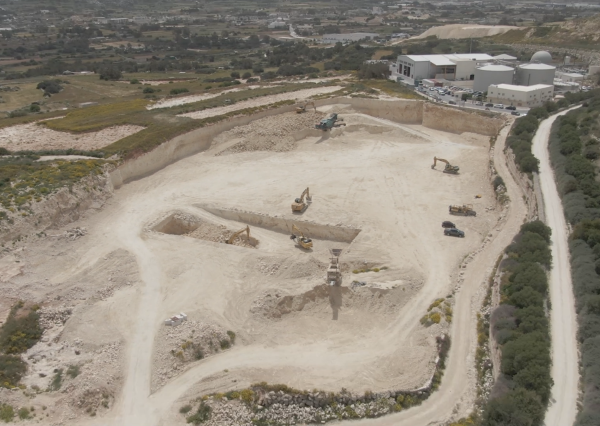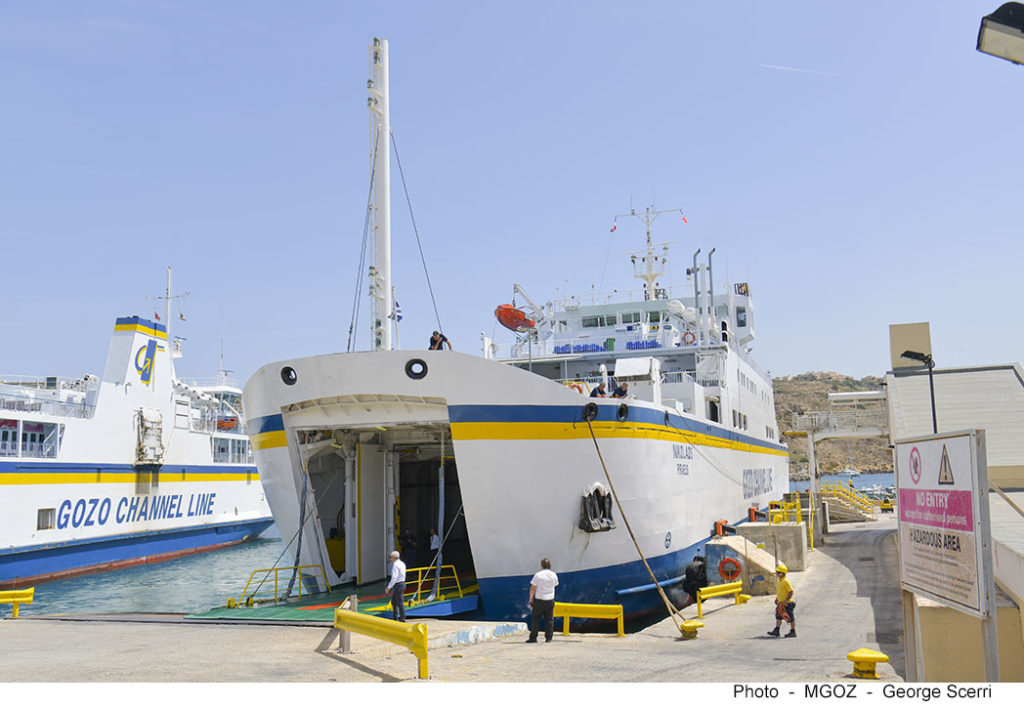Works on waste-to-energy plant is one step closer after the Public Contracts Review Board (PCRB) rejected Hitachi-Zosen Inova AG-Terna S.A.’s appeal.
Hitachi-Zosen Inova AG-Terna SA was one of the bidders for the facility and had appealed WasteServ’s decision to award the tender to a Paprec Consortium, a French-Maltese conglomerate with over 32 plants worldwide.
French recycling firm Paprec and Bonnici Brother’s €600 million bid was chosen late last year, and it was the lowest submitted bid. On the other hand, Hitachi-Zosen Inova AG Terna S.A.’s bid stood at €616 million.
Back in June, the Contracts Department had unkowingly published the initial offering price of the first few bidders. This was one of the reasons behind the appeal as Hitachi-Zosen Inova AG-Terna S.A. had believed that this decision altered the competitive tender procedure and prevented fair competition.
The appeal process has set back the project by 122 days.
On Friday (today), WasteServ welcomed the PCRB’s “unequivocal endorsement of its procurement process for a new waste-to-energy plant, which it confirmed was characterised by best practices, transparency and openness.”
Adding to this statement, WasteServ CEO Richard Bilocca remarked that this verdict shows that it delivered “a gold standard procurement process.”
The PCRB also ruled that that the appellant’s deposit of €50,000 should not be reimbursed.

Mr Bilocca added that WasteServ’s “main and only focus was to get the project off the ground and deliver a critical piece of infrastructure for Malta’s overall environmental well-being.”
The over 100 day delay, he added, meant that 95,500 tonnes of waste went to Malta’s limited capacity landfills “instead of being converted into energy.”
“Every additional day of delay increases the risk of losing 150,000 square metres of agricultural land – equivalent to 30 football fields – to a new landfill and worsens Malta’s position in meeting its binding EU obligations,” he continued.
Meanwhile, the PCRB rule stated that Wasteserve has been “very meticulous in the way it proceeded in the evaluation.”
It said that the number of experts which have been appointed to assist it “can be described as being a novelty in the local procurement arena.” This, according to the ruling, indicates the serious manner inw hich the Contracting Authority (WasteServ) proceeded in dealing with the procurement process.
The PCRB ruling further stated that elements of Hitachi-Zosen Inova AG-Terna S.A.’s appeal were a “misrepresentation and reformulation of the textual content of the rejection letter aimed to fit a specific purpose.”
In addition, the board remarked that it seemed as if the appellant somehow “is trying to use all the arrows available to it in its quiver in the hope that some of the appelant’s arguments stick.”
The board also outlined that it is “not competetent and is indeed legally precluded from allowing fishing expeditions of any sort without having true cause,” in line with the terms of the law.
According to WasteServ, during the appeal, the Hitachi-Zosen Innova AG – Terna S.A consortium failed to back any of its claims “which were based on questionable allegations.”
“This includes the misrepresentation of WasteServ’s justifications; spurious allegations of bias and conflicts of interest; as well as the request to cancel such an essential procurement procedure,”
WasteServ explained that when questioned under oath, the senior representatives of the Hitachi-Zosen Inova AG – Terna S.A. consortium failed to agree on key elements of their challenge and on the score that their bid – which was €182 million more expensive than the preferred bidder – had to garner.
In the meantime, during the procurement process, WasteServ sought the expertise of COWI, a leading global engineering firm with over 90 years of exprerience in consultancy and a company that ranks first internationally in solid waste management consultancy services.”
It also engaged UK-based consultancy firm Frith Resource Management to independently audit the entire procurement procedure from the very first stage, up until the evaluation of the submitted bids.
Frith’s report confirmed that the recommended award, and the procurement process were conducted “in a fair, equitable and just manner.”
A dedicated cargo ferry alone won’t fix Gozo’s connectivity challenges – Gozo Business Chamber
A cargo ferry could help ease congestion – but it won’t solve Gozo’s connectivity challenges on its own
Andaria first EMI in Malta to secure principal membership with three major card schemes
CEO Kurt Azzopardi describes this as a milestone that elevates the entire FinTech ecosystem
US exits global tax deal targeting large multinational profits
US withdraws from OECD agreement on a 15% global minimum tax rate on large multinationals






